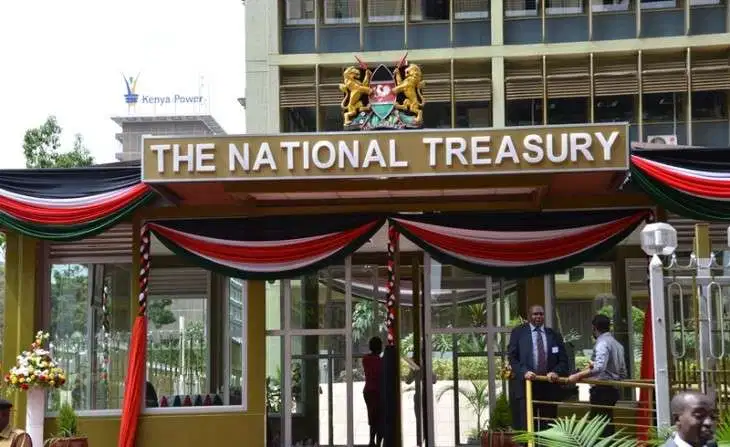Gov't eyes bond solution to end Sh421bn supplier arrears

The plan, put forward by a Treasury-appointed taskforce led by Hosea Kiili, recommends setting up a Public Pending Bills Liquidation Trust Fund.
A new expert report has proposed the creation of a government-backed fund to pay Sh421.6 billion in verified pending bills, warning that continued delays are damaging the government’s reputation among suppliers, investors, and financial partners.
The plan, put forward by a Treasury-appointed taskforce led by Hosea Kiili, recommends setting up a Public Pending Bills Liquidation Trust Fund.
This fund would raise money from investors through bonds backed by future government payments, giving suppliers immediate access to cash.
The report stresses that the continued accumulation of unpaid bills, even after verification, has created serious trust issues in the market.
"The persistent accumulation of verified but unpaid pending bills by public sector entities has created a perceived and growing trust deficit between the government of Kenya and its suppliers, contractors, investors and financial partners," the report notes.
The proposed solution is to securitise the verified arrears—converting the government’s future payments into bonds that can be sold to investors. Once the government clears the bills, those investors would be repaid.
"To systematically address this challenge and strengthen investor confidence, it is proposed that a public pending bills liquidation trust fund be established. Securitisation provides a proven mechanism for unlocking liquidity tied to verified government payables, converting future payment commitments into tradable securities that provide immediate cash to creditors," the report adds.
The taskforce sees the trust fund as an innovative way to help creditors, especially contractors and suppliers, stay afloat while also keeping public projects on track.
The report draws from international examples including Mexico, where a reverse factoring system allows financial institutions to issue factoring bonds backed by government payables.
This system supports small and medium businesses by giving them fast access to funds, even when governments face cash flow issues.
Although the idea has potential, key details are missing.
The report does not provide a timeline for implementation, does not clarify the pricing of the bonds, and does not offer investor safeguards in case of further government delays.
Meanwhile, the Kenya Roads Board is working on a Sh135 billion bond plan to address road-related arrears, indicating broader momentum toward market-based solutions for public sector debt.
